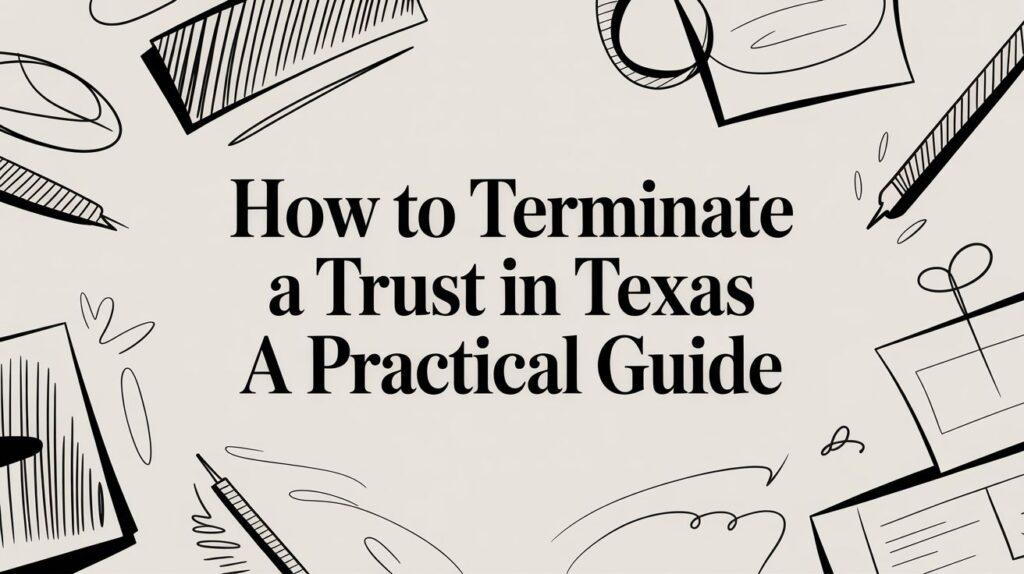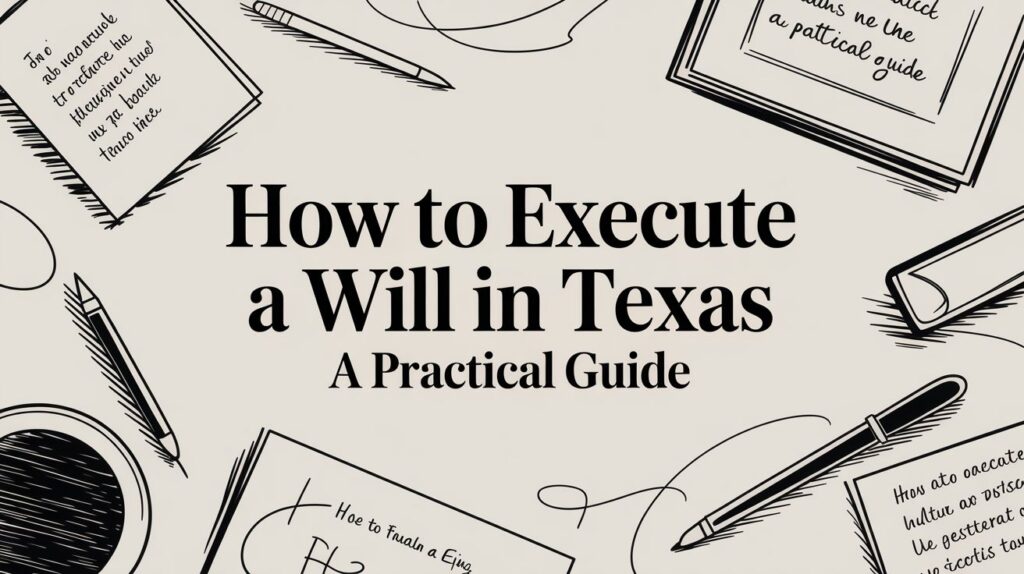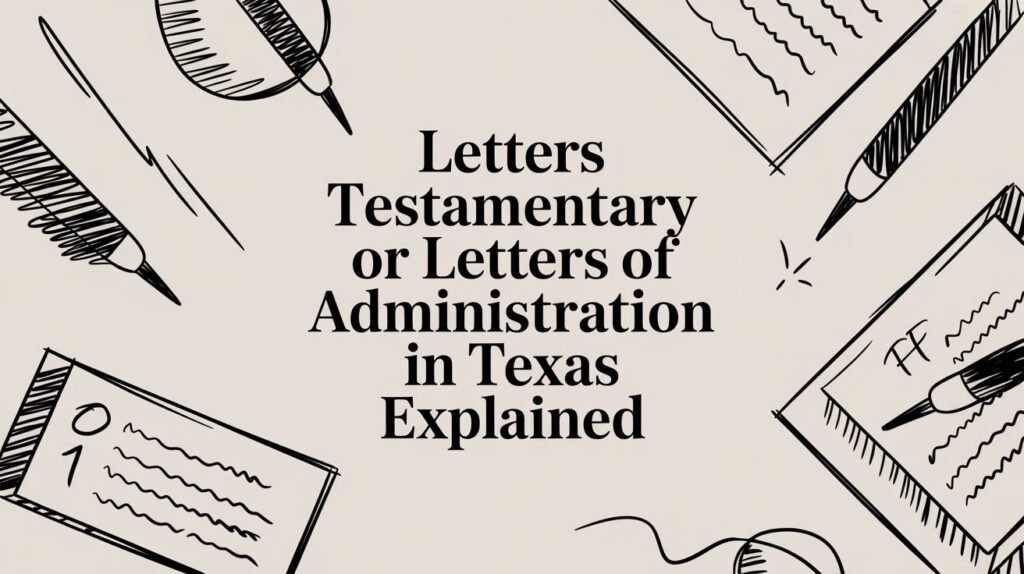Texas Trust Administration: Your Guide to Estate Planning and Trust Law
Texas Trust Administration is dedicated to providing comprehensive insights into estate planning and trust law. Our mission is to empower individuals with the knowledge they need to make informed decisions regarding their assets and family legacy. By understanding the intricacies of trust law, clients can navigate the complexities of estate planning with confidence.
Our expert team at Texas Trust Administration offers a wealth of resources, from articles to personalized consultations, ensuring that you have access to the latest information and best practices in trust management. Whether you're starting your estate plan or revisiting an existing one, our guidance can help you secure your future.
Understanding Trusts: Types and Benefits for Texas Residents
Trusts are a pivotal element of estate planning, providing various benefits such as asset protection, tax advantages, and streamlined distribution processes. In Texas, understanding the different types of trusts—such as revocable, irrevocable, and special needs trusts—can help individuals choose the right structure for their unique situations.
For example, a revocable trust allows the grantor to maintain control over their assets during their lifetime while ensuring a smooth transition upon death. On the other hand, an irrevocable trust can provide significant tax benefits and asset protection, making it an attractive option for those looking to safeguard their wealth for future generations.
The Role of a Trust Administrator: Responsibilities and Duties
A trust administrator plays a crucial role in managing the assets within a trust, ensuring that the terms set forth by the grantor are executed properly. This includes overseeing the distribution of assets, maintaining accurate records, and communicating with beneficiaries regarding their rights and entitlements.
In Texas, trust administrators must adhere to state laws and fiduciary responsibilities, which require them to act in the best interest of the trust and its beneficiaries. Understanding these duties is essential for anyone considering establishing a trust or serving as an administrator, as it ensures compliance and protects the interests of all parties involved.
Common Estate Planning Mistakes to Avoid in Texas
Many individuals in Texas make critical mistakes during the estate planning process that can lead to complications or unintended consequences. Common pitfalls include failing to update wills and trusts after major life events, neglecting to communicate plans with family members, and not considering tax implications.
By being aware of these common mistakes and seeking professional guidance, individuals can create a more effective estate plan that accurately reflects their wishes and minimizes potential disputes among heirs. Regularly reviewing and updating your estate plan is essential to adapt to changing circumstances and ensure that your legacy is preserved.











